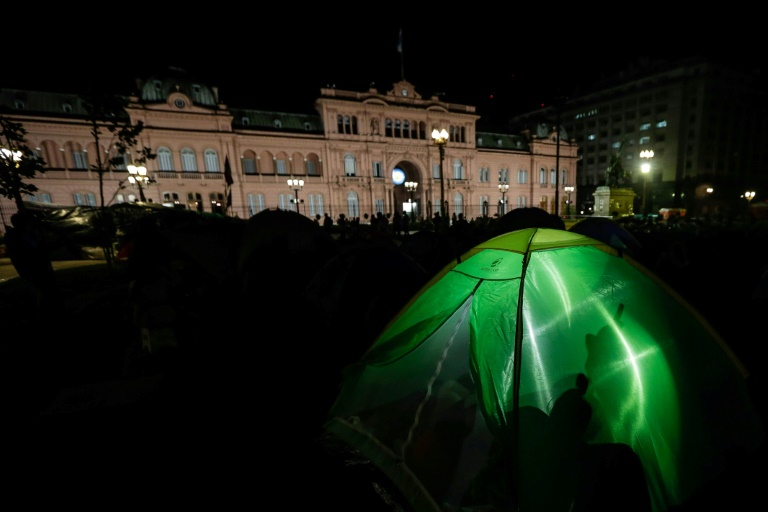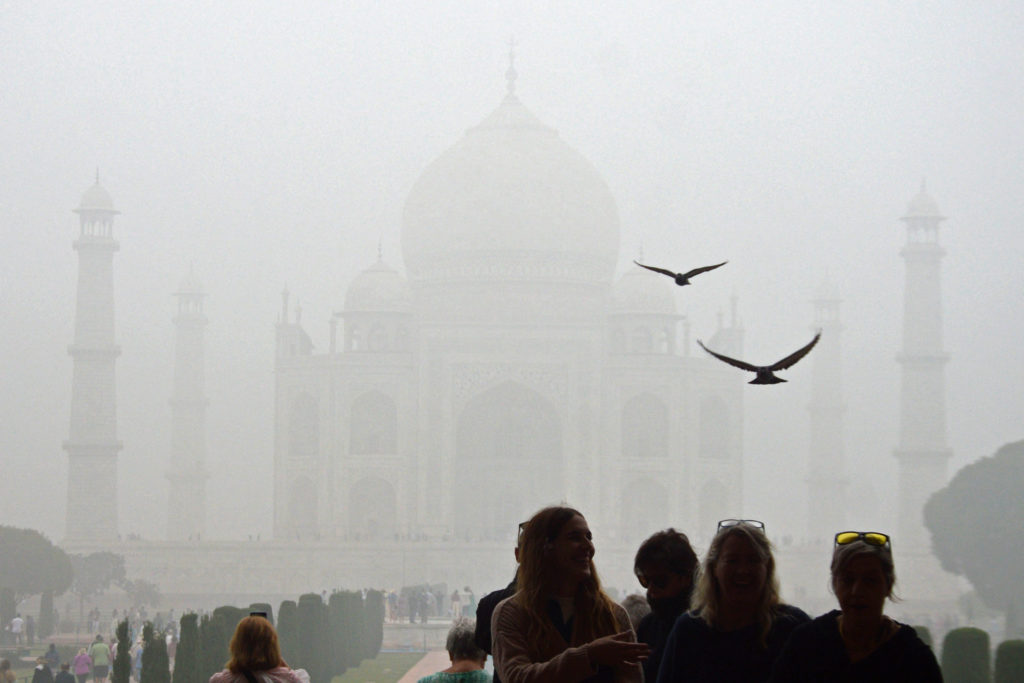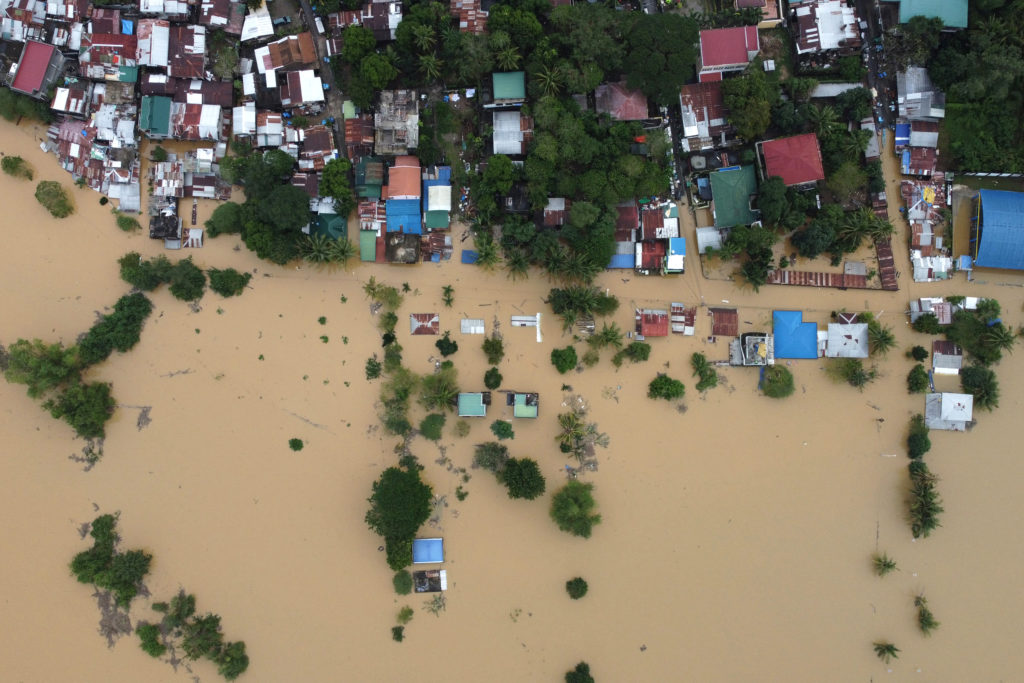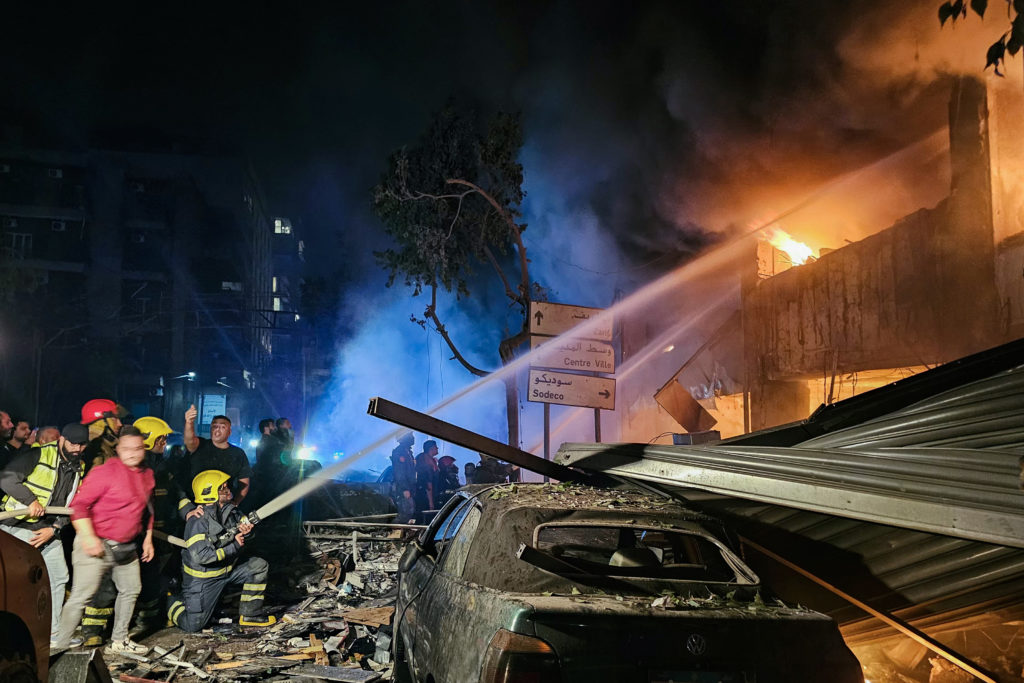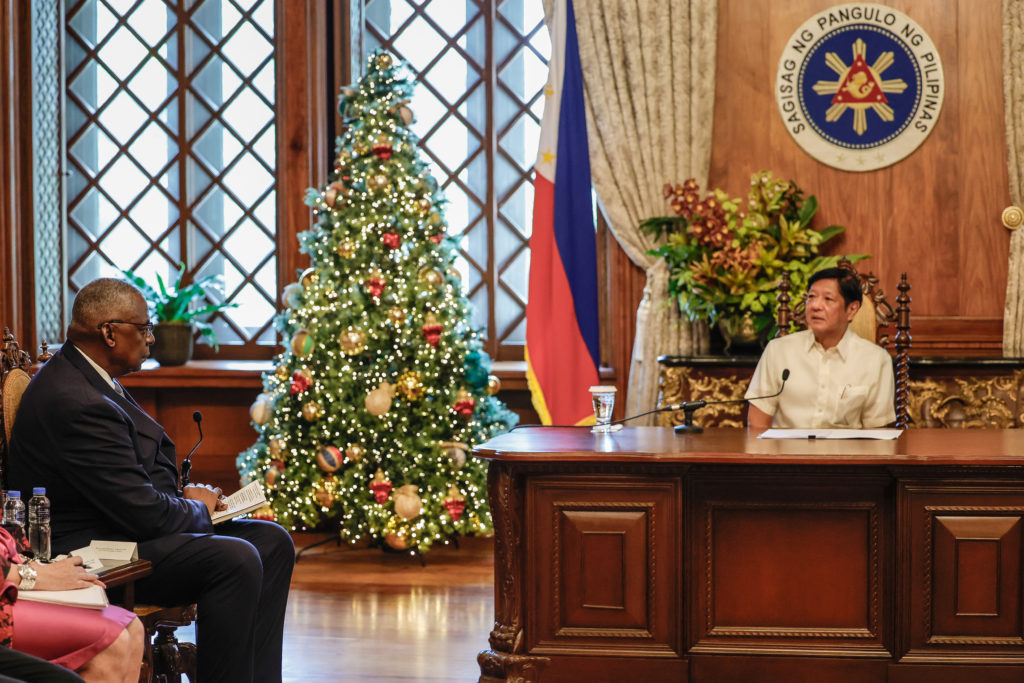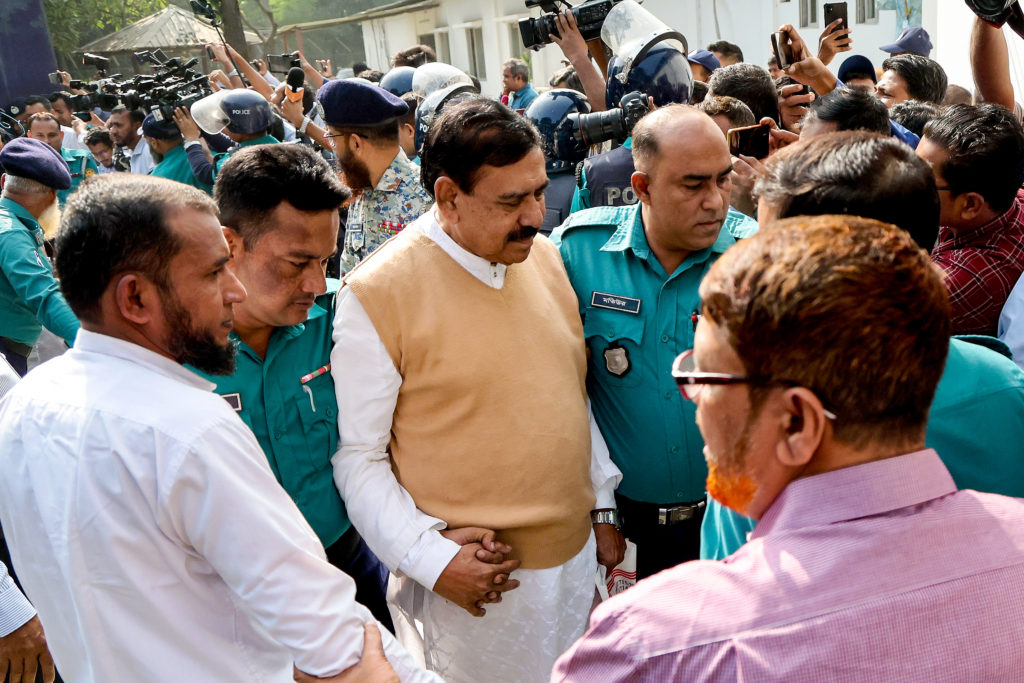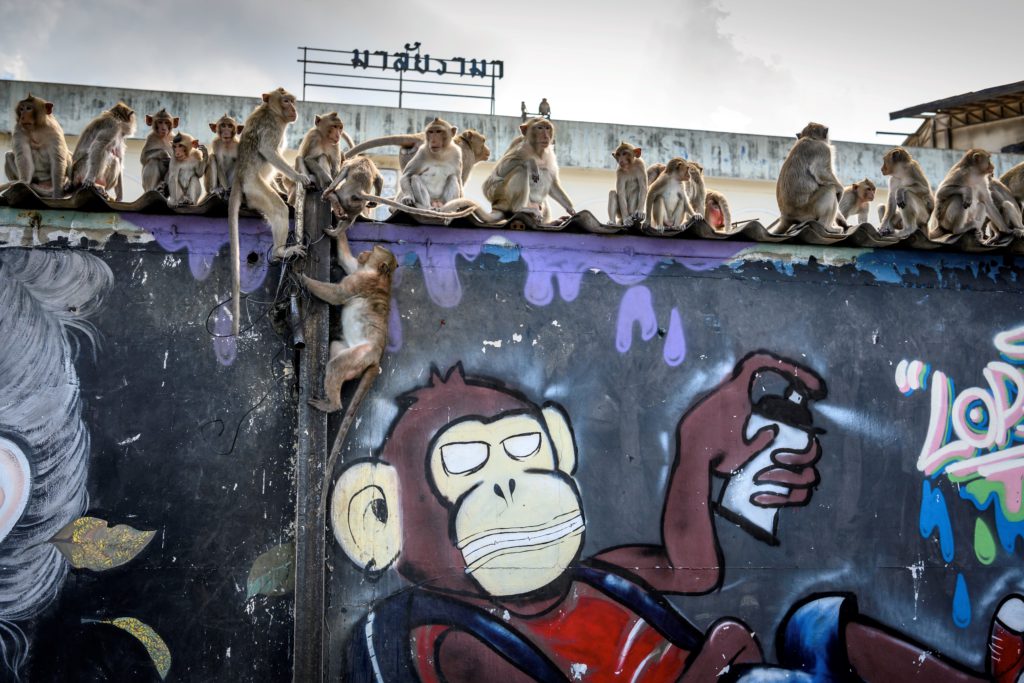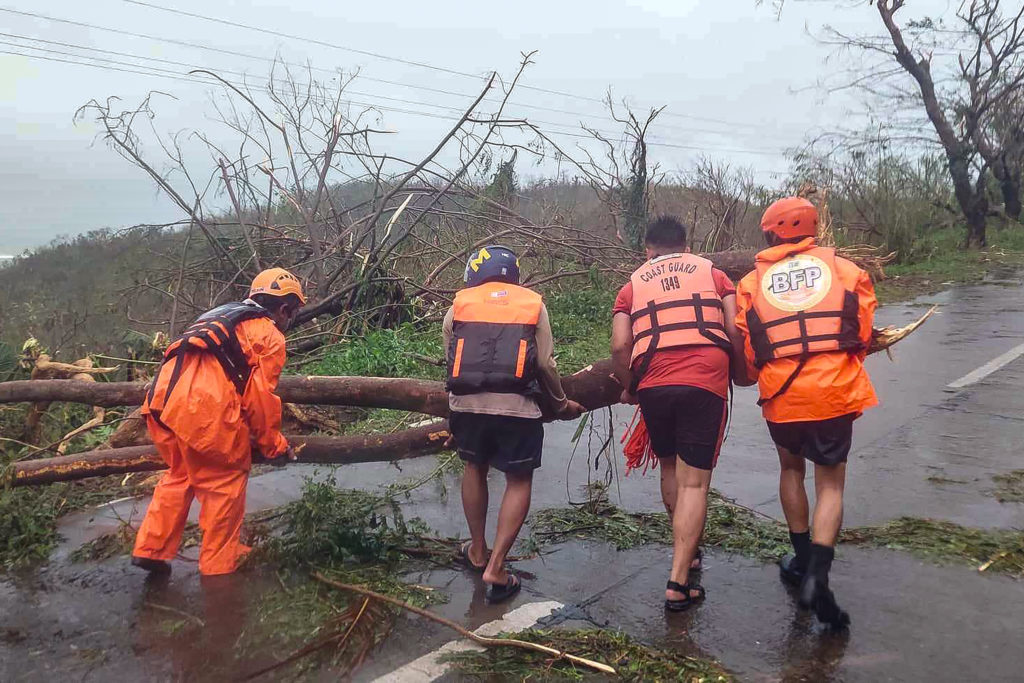Several thousand Argentines on Sunday commemorated the 20th anniversary of the country’s “great crisis,” when the South American nation plunged into social unrest following economic default.
Gathered at the Plaza de Mayo in central Buenos Aires, various organizations, including unions and radical leftist parties, held a “vigil” late into the night.
In some places, participants gave speeches; elsewhere, a documentary or archive images were shown, all in memory of the 39 mostly young victims of the episode’s unrest.
The commemorations will culminate on Monday with a large demonstration, staged by groups that are more center-left, to coincide with the anniversary of then-president Fernando de la Rua giving in to popular pressure, resigning and fleeing the presidential palace via helicopter.
His brief presidency was engulfed by Argentina’s worst-ever economic crisis, a severe recession that set off bank runs and deadly street riots that culminated on December 19-20, 2001.
Of the more than 30 people across the country who were killed in the looting of shops, demonstrations and clashes with police over 48 hours, five were in and around the Plaza de Mayo.
On Sunday, President Alberto Fernandez received parents, friends and family of the 2001 event’s victims at the presidential palace for a tribute and unveiling of a plaque with the 39 victims’ names, which was affixed on entrance gates.
“All the deaths of those days were unjust, there was no justified death,” Fernandez said before unveiling the plaque.
The government also announced this week that a bill would soon be presented to parliament to provide compensation for victims of police repression.
Participants in the Sunday vigil took aim at the Argentine government, which is seeking to renegotiate a $44 billion loan from the IMF, contracted in 2018 under former president Mauricio Macri.
“Here we are begging Washington for an agreement (with the IMF) which will bring us a decade of misery,” said Nestor Pitrola, a trade unionist and president of the Workers’ Party.
“For 20 years, no government has been able to empower Argentina or lift it out of poverty,” he said.

